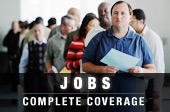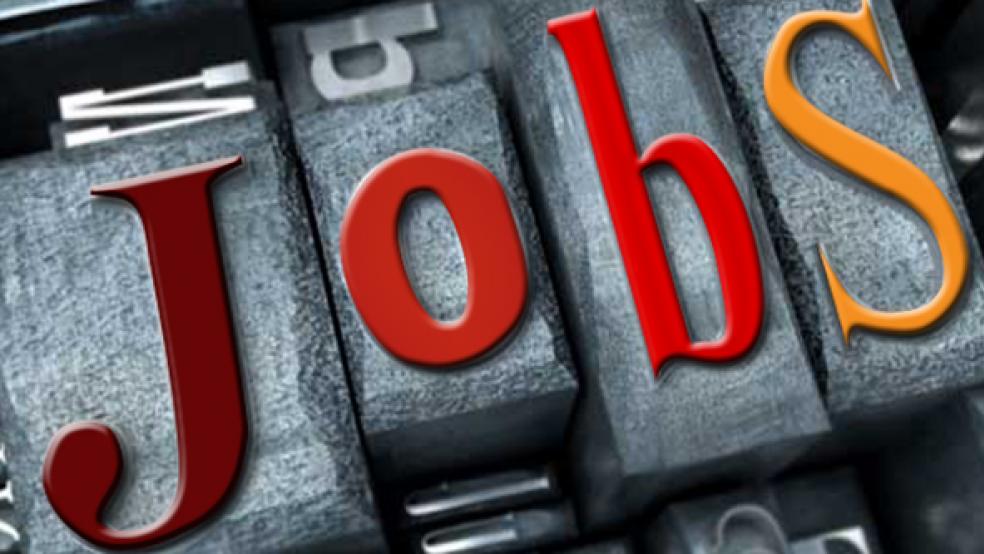A day after Congress managed to avert the fiscal cliff, business leaders warned that the agreement will hurt sales and hiring, won’t unlock investment and leaves the economy riddled with congressionally imposed land mines for months to come.

Markets responded much more favorably, relieved that the worst of the potential crisis had passed. The Standard & Poor’s 500-stock index rose 2.5 percent on Wednesday, its best single-day gain since last summer, after the House approved a compromise bill to avert most of the tax increases and spending cuts that were scheduled to begin taking effect in the new year.
But analysts warned that the gains could evaporate, especially once lawmakers move on to their next economically perilous battle over raising the federal borrowing limit – a battle the cliff agreement did nothing to resolve.
“This relief rally in the market today, I don’t think it’s going to last very long, because we’re going to be slugging this out until February or March, when the government finally runs out of money,” said Ian Shepherdson, chief economist for Pantheon Macroeconomics. He predicted a “bloody, messy, appalling spectacle” among lawmakers that will depress consumer and business sentiment.
Business groups expressed relief on Wednesday that lawmakers had at least avoided catastrophe with the last-minute accord. The deal preserved lower income and investment tax rates for most Americans, extended a package of business tax breaks and bought a two-month delay in pending defense and domestic spending cuts.
THE BLACK CLOUD OF FEDERAL DEBT
But business lobbyists said that because it does not stabilize rising federal debt levels, the deal could undermine economic growth. They also worried about the psychological effects on both businesses and consumers of watching lawmakers war again and again in the coming months over taxes and spending, under the cloud of a possible sovereign default if they fail to reach agreement.
“There’s nobody holding celebrations today over this agreement,” said John Engler, the president of the Business Roundtable. “There’s a bit of a reaction of, ‘is that all there is?’ because there’s a lot that remains to be done.”
Engler complained that the bill did little to reduce the pace of government spending and stabilize national debt levels. So did Martin Regalia, chief economist at the U.S. Chamber of Commerce, who also worried that the deal — by locking in current marginal tax rates — will complicate congressional efforts to reduce rates and eliminate deductions as part of a broad tax reform package.
Executives have long complained, in testimony to Congress and anecdotal reports to the Federal Reserve, that policy “uncertainty” is keeping them from using more of their record profits on capital expenditures and hiring new workers. Regalia said the agreement this week did nothing to change that calculation.
THE JOBS CRISIS CONTINUES
“No one can tell me that this [deal] should make the CEO of a major corporation say, ‘We’re going to hire more, we’re going to invest more, we’re going to build more, because we see a demand building out there for our product,’ ” he said.
The largest lingering uncertainty remains the question of whether lawmakers can come together in time to solve big problems. The agreement leaves several of those problems for the months ahead, including passing a budget, funding the government and, most important, raising the debt limit.
Retailers, in particular, worry that future Washington brinkmanship will dissuade their customers from spending.
“Our members are frustrated that Congress keeps setting up these showdown moments,” said David French, senior vice president of government relations at the National Retail Federation, “because what happens when you precipitate these crises is you get shocks to consumer confidence.”

It is a mantra among business groups that raising taxes kills jobs. But business advocates — including Engler, Regalia, and French — expressed relatively little concern Wednesday over the loss of buying power in the economy that will result from the tax increases embedded in the cliff deal. Along with increasing some taxes on the wealthy, the deal fails to extend a 2 percentage-point reduction in taxes on workers’ wages, which Congress and President Obama put in place two years ago.
Several business leaders said they had not seen much impact from the payroll tax cut in the first place and didn’t expect much effect from it expiring. When it comes to car sales, for example, “I think it may affect choice for the consumer, but I don’t think it will affect volume,” said Tammy Darvish, vice president of Darcars Automotive Group. Especially with interest rates at historically low levels, a buyer may choose a slightly more spartan options package — “an LE instead of an XLE,” Darvish said.
CONSUMER SPENDING CONCERNS
Economists expressed greater concern that the increases, particularly the payroll tax hike, will crimp consumer spending. Payroll taxes are borne heavily by low- and middle-income workers, who are, in turn, the big drivers of consumer spending in the economy. The non-partisan Tax Policy Center estimates that taxes will rise for nearly eight in 10 households this year because of the payroll hike, with an average increase of $1,635.
Falling gasoline prices could ease some of that impact, economists say. But consumers will still feel a pinch, particularly on the lower end of the income scale, that will likely roil companies such as Wal-Mart.
“Because it’s such an acutely, perfectly designed tax to target consumer spending, and because it is regressive,” Shepherdson said, “it will affect all consumer-facing businesses, but it will affect those serving lower-income customers most immediately.”
Those customers, he added, are among those whose confidence will be shot if lawmakers push the debt ceiling to the limit again – not because of any tax hikes or spending cuts that would result from a debt deal, but from fear that Congress will allow the nation to default.

